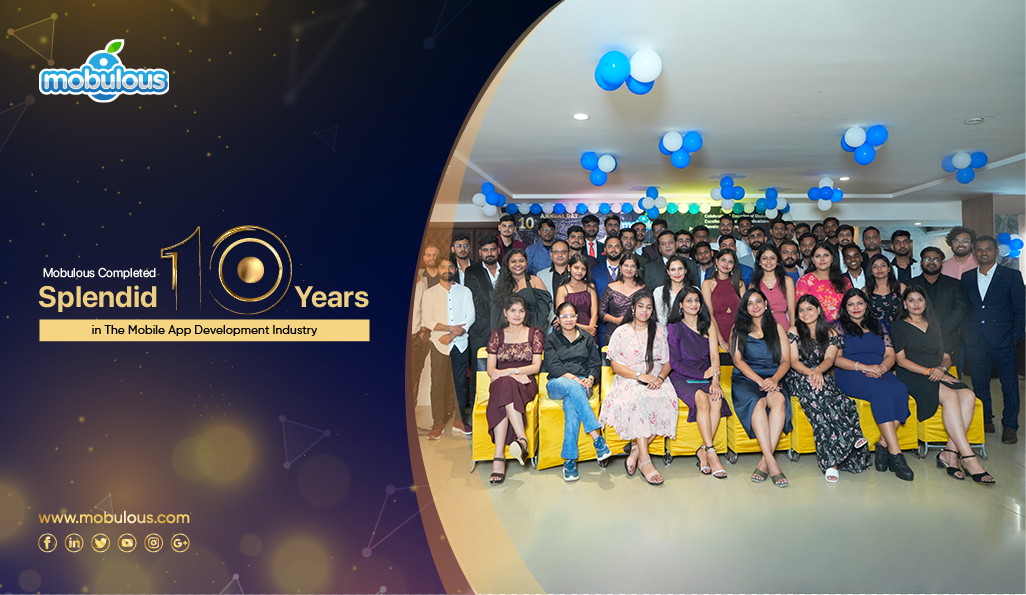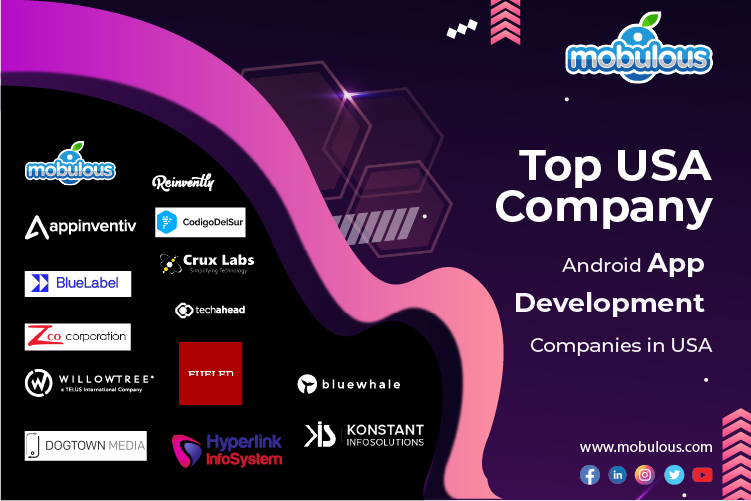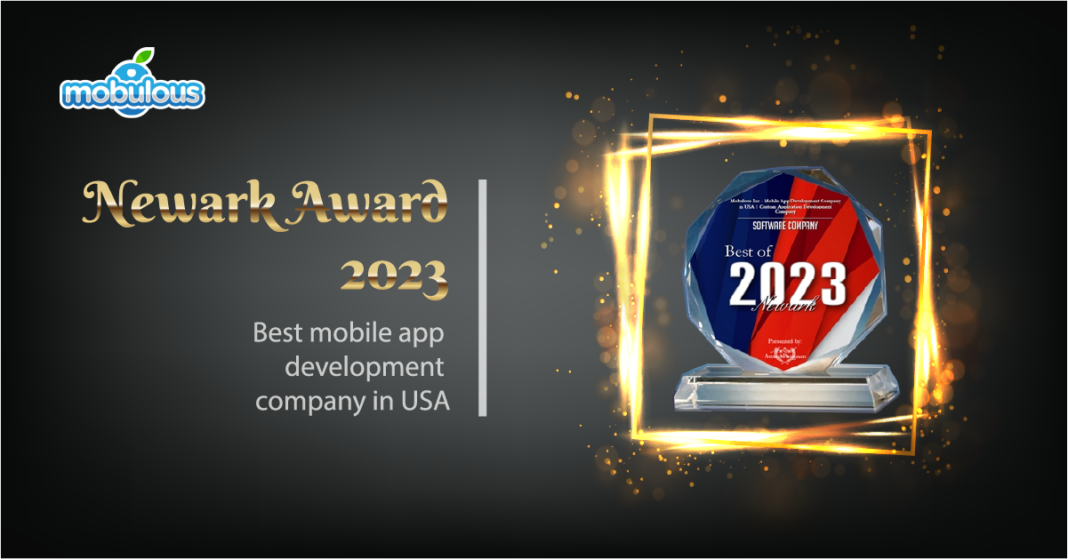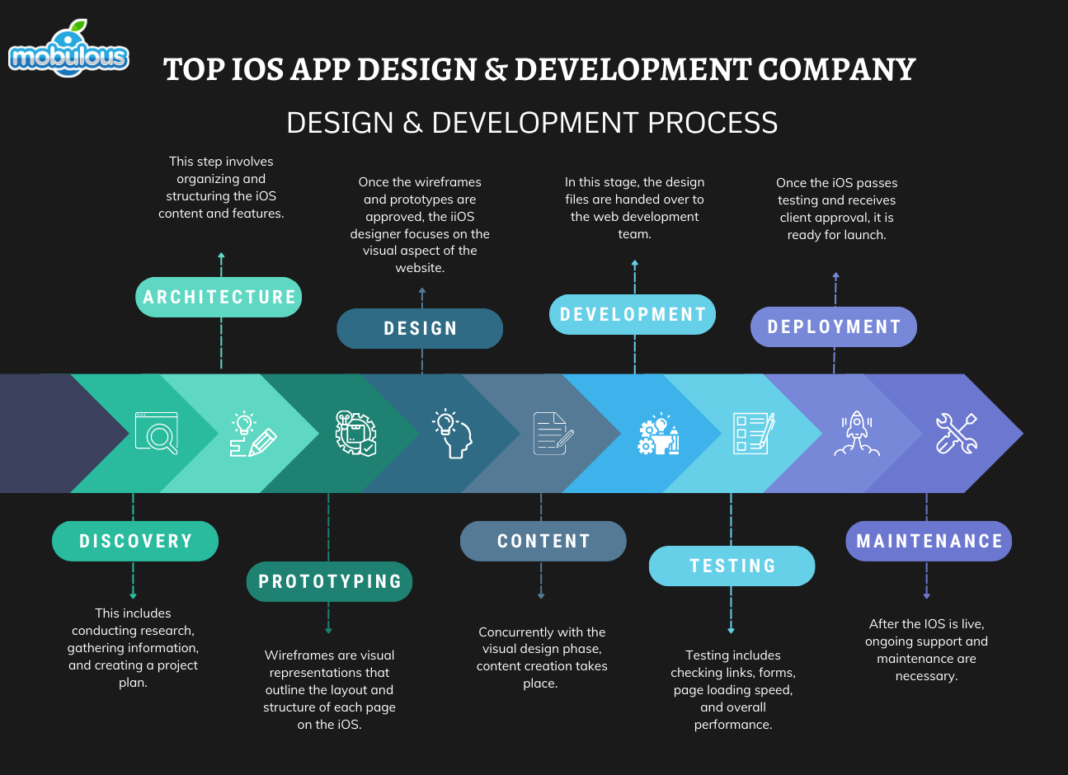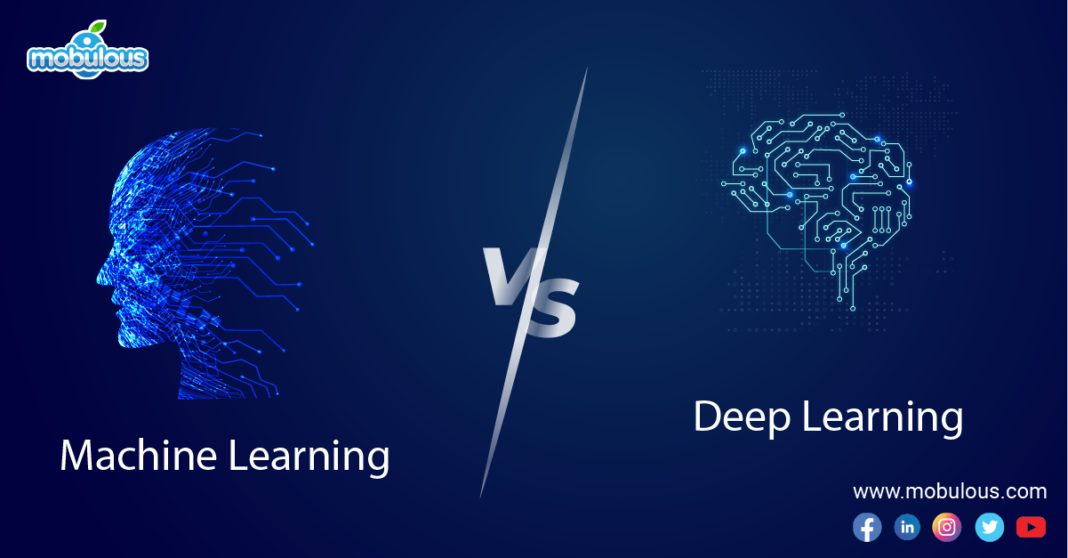What is Lifestyle App Development?
Lifestyle app development involves creating mobile apps that help users manage and enrich diverse aspects of their daily lives that cover domains like fitness, health, shopping, fashion, meditation, and home management.
The lifestyle app development process blends user-focused design, specialized features, and advanced technologies in order to deliver personalized digital solutions that simplify daily activities, and improve overall quality of life.
Benefits of Lifestyle App Development
Lifestyle apps offer transformative solutions that enrich daily living while providing substantial business opportunities. These apps deliver convenience, and value through personalization and engagement.
1. Enhanced User Engagement
Interactive features and personalized experiences keep users actively engaged with the app. Regular notifications, progress tracking, and social elements encourage consistent app usage while building long-term user relationships.
2. Increased Brand Visibility
Digital presence through lifestyle apps significantly boosts brand awareness and market reach. Robust user engagement and social sharing features naturally encourage the brand across different platforms and user communities.
3. Revenue Generation Opportunities
Multiple monetization options such as in-app purchases, subscription models, and premium features create various revenue streams. Strategic pricing models and value-added services maximize profit potential.
4. Data-Driven Insights
Advanced analytics provide valuable insights into user behavior, preferences, and trends. This data helps optimize features, improve user experience, and make informed business decisions seamlessly and hassle-free.
5. Competitive Advantage
Innovative features and personalized experiences help businesses stand out in the market and regular updates with the latest technology integration keep the lifestyle mobile application competitive and relevant.
6. Customer Loyalty
Personalized experiences and valuable features foster strong user relationships and brand loyalty. Regular engagement and positive user experiences encourage long-term app usage and brand advocacy.
How to Create the Lifestyle Apps?
Creating successful lifestyle applications is important and it requires a systematic and comprehensive approach that combines technical expertise, market understanding, and user-centered design principles. Let’s learn how you can create your own lifestyle app effortlessly:
1. Market Research
Make sure to do a thorough market research. Comprehensive analysis of the target audience, competitor offerings, and market trends shapes the app strategy. Understanding user needs and market gaps ensures the development of relevant and competitive features.
2. Feature Planning
Strategic selection of core and unique features based on user requirements and business goals. Prioritizing features ensures efficient development and timely delivery of essential functionalities.
3. Technology Selection
Choosing appropriate development platforms, frameworks, and technologies that align with project requirements. Technology decisions impact app performance, scalability, and maintenance requirements.
4. Design Implementation
Creating intuitive interfaces and engaging user experiences through careful UI/UX design is mandatory. Visual elements, navigation flow, and interaction patterns contribute to user satisfaction.
5. Development Process
Implementing chosen features using selected technologies while following best coding practices. Regular testing and quality assurance ensure reliable and efficient application performance.
6. Launch and Maintenance
Careful app deployment followed by regular updates and performance monitoring. Continuous improvement based on user feedback and market changes maintains app relevance.
Core Features of The Lifestyle App Development
Essential features that form the foundation of successful lifestyle applications ensure functionality, engagement, and value delivery to users. Let’s understand what features you should consider during lifestyle app development:
1. User Profile Management
This feature provides personalized profiles to store user preferences, goals, and progress data. Customization options allow users to tailor the app experience to their specific needs.
2. Activity Tracking
Activity tracking allows real-time monitoring and recording of user activities and progress. Integration with wearables and smart devices enables accurate data collection and analysis.
3. Social Integration
Community features like social integration enable user interaction, content sharing, and social support. Social integration with popular social platforms expands reach and engagement.
4. Personalized Recommendations
AI-powered suggestions and personalized recommendations are generally based on user behavior, preferences, and goals. Machine learning algorithms continuously improve recommendation accuracy.
5. Progress Analytics
Detailed insights and progress reports help users track their journey. Visual representations and achievement metrics motivate continued engagement.
6. Push Notifications
Push notifications are extremely important as they provide timely reminders and updates to keep users engaged with the application. Customizable notification preferences ensure relevant and non-intrusive communication.
7. Security Features
Security features provide advanced encryption and authentication in order to protect user data and privacy. Regular security updates maintain trust and compliance with regulations.
8. Payment Integration
Secure payment gateways enable smooth transactions for premium features. Multiple payment options ensure convenience and accessibility for users.
Different Platforms For Lifestyle App Development
Modern lifestyle apps require presence across different platforms in order to reach a wide user base and provide seamless experiences. Each platform offers exceptional advantages and requires specific lifestyle app development approaches. These platforms are explained below:
1. Android App Development
Android app development offers access to a vast user base with diverse device options and customization possibilities.
The platform supports feature-rich applications through Material Design principles, Google services integration, and flexible hardware compatibility. Kotlin or Java development ensures robust performance and seamless integration with Android's ecosystem.
2. iOS App Development
iOS app development focuses on creating premium user experiences with high-performance and polished interfaces.
The platform leverages Swift programming, extensive security features, and seamless integration with Apple's ecosystem. Development follows strict guidelines ensuring consistent quality across iPhones, iPads, and other Apple devices.
3. Wearable App Development
Wearable app development extends lifestyle applications to smartwatches and fitness trackers. These apps focus on real-time data collection, health monitoring, and quick interactions.
Development considers battery optimization, limited screen space, and efficient data synchronization with companion mobile applications.
4. Cross-Platform Development
Cross-platform app development solutions using frameworks like React Native or Flutter enable efficient development for multiple platforms simultaneously.
This approach reduces development time and costs while maintaining consistent functionality across different operating systems. Single codebase management simplifies updates and maintenance.
5. Web Application Platform
Web app development for the lifestyle industry offer accessibility across devices through browsers without installation requirements.
Progressive Web App (PWA) technology enables offline functionality, push notifications, and app-like experiences. Development focuses on responsive design and cross-browser compatibility.
Does The Lifestyle App Sync With Other Devices or Wearables?
Lifestyle apps integrate seamlessly with diverse devices and wearable platforms through APIs and wireless protocols. This particular synchronization allows for real-time data collection from fitness trackers, health monitoring devices, and smartwatches.
The applications process and examine data from different sources and provide comprehensive insights while ensuring data consistency across all connected devices. Built-in compatibility with popular wearable platforms ensures broad device support.
How To Ensure Lifestyle App Security?
Security measures are essential for safeguarding user data and maintaining trust in every lifestyle mobile app. Implementing comprehensive security protocols protects sensitive or confidential information. In order to ensure lifestyle app security, make sure to follow the below steps carefully:
1. Data Encryption
Implement end-to-end encryption for all data transmission and storage processes and use advanced encryption standards and secure protocols to ensure the protection of sensitive user information during transfer and rest periods.
2. Secure Authentication
Implement multi-factor authentication, biometric verification, and secure password policies. Regular security token updates and session management prevent unauthorized access and protect user accounts.
3. Regular Security Audits
Conduct comprehensive security assessments and vulnerability testing periodically and identify and address potential security threats while maintaining compliance with industry standards and regulations.
4. Secure Payment Integration
Implement PCI-compliant payment gateways and secure transaction processing. Regular monitoring of payment processes and fraud detection systems ensure safe financial transactions.
5. Privacy Compliance
Adhere to international privacy regulations like GDPR and CCPA, implement transparent data collection policies, and provide users with control over their personal information.
What to Do if Issues or Errors in The Lifestyle App Was Encountered?
When encountering issues in lifestyle apps, users need to check internet connectivity and app version status first. The built-in help center provides troubleshooting guides and FAQs for common issues.
Users are able to report bugs through the in-app feedback system, which captures relevant diagnostic information.
For continuous problems, make sure to contact customer support through email, chat, or phone in order to ensure quick resolution with technical assistance from the lifestyle app development team.
How to Integrate APIs For Third-Party Services?
Successful integration of third-party services improves app functionality and user experience through reliable API implementations and careful documentation management. In order to integrate APIs for third-party services efficiently, you need to follow the below steps carefully:
1. API Documentation Review
Make sure to do a thorough analysis of API documentation in order to understand endpoints, data structures, and authentication methods. Review carefully the rate limits, implementation requirements, and usage quotas as it ensures successful integration.
2. Secure Authentication Implementation
Set up secure API keys, OAuth protocols, and token management systems. Implement proper error handling and retry mechanisms for failed authentication attempts.
3. Data Mapping and Transformation
Create effective data mapping structures between app and API formats and implement proper validation and sanitization of data before processing API requests and responses.
4. Testing and Monitoring
Conduct comprehensive integration testing across different scenarios and edge cases and set up the monitoring systems in order to track API performance, usage metrics, and error rates.
5. Version Management
Maintain compatibility with API version updates and deprecation notices. Execute fallback mechanisms and update procedures for seamless API transitions.
Best Practices to Follow For App Performance Optimization
Performance optimization ensures seamless user experience and effective resource utilization across multiple devices and network conditions. The industry best practices that you should follow for app performance optimization are mentioned below:
1. Resource Management
Optimize memory usage through effective data structures and caching mechanisms and execute proper resource cleanup and background process management in order to prevent memory leaks.
2. Network Optimization
Execute effective data transfer protocols and compression techniques by using strategies and offline capabilities in order to reduce network requests and enhance load times.
3. Code Optimization
Follow the industry's best coding practices and implement effective algorithms. Regular code reviews and performance profiling recognize and eradicate bottlenecks.
4. UI Performance
Optimize layout hierarchies, enforce effective rendering techniques, and use appropriate image formats and lazy loading for media content in order to enrich interface responsiveness.
How to Ensure Data Synchronization Across Devices?
Data synchronization leverages cloud storage and real-time synchronization protocols in order to maintain consistency across multiple devices.
Implement conflict resolution algorithms to handle simultaneous updates, while background sync capabilities ensure data updates even with poor connectivity.
The system maintains data integrity through checksums and version control, enabling seamless user experience across different platforms and devices.
How to Handle Data Privacy Regulations Within The App?
Implementing comprehensive privacy measures ensures compliance with international regulations like CCPA, GDPR, and HIPAA while maintaining user trust and data protection. The steps to handle data privacy regulations within the app are mentioned below:
1. User Consent Management
Implement transparent consent mechanisms for data collection and processing. Provide clear options to users to manage their privacy preferences, including data access, modification, and deletion rights through an intuitive interface.
2. Data Collection Transparency
Clearly document and communicate what data is collected, how it is used, and who has access. Maintain detailed privacy policies and terms of service that outline data handling practices in user-friendly language.
3. Data Minimization
Collect only essential data required for app functionality and enforce automated data retention policies and regular cleanup processes in order to remove unnecessary or expired user information.
4. Regional Compliance
Adapt privacy features based on user location and applicable regulations and execute region-specific data handling procedures, ensuring compliance with local privacy laws and requirements.
5. Privacy Impact Assessment
Conduct regular privacy impact assessments in order to identify potential risks. Implement updates and modifications to maintain compliance with evolving privacy regulations and security standards.
How to Create a Secure Backend For Data Processing and Storage?
In order to build a highly secure and robust back-end infrastructure to ensure safe data handling, reliable storage, and effective processing, protecting against security threats, you need to follow the below steps perfectly:
1. Server Infrastructure Security
Implement firewalls, regular security patches, and intrusion detection systems and set up secure server configurations, monitoring systems, and access controls in order to prevent unauthorized access.
2. Database Security
Encrypt sensitive data at rest by using industry-standard encryption algorithms and execute secure backup systems, regular security audits, and access logging of database systems.
3. API Security
Secure all API endpoints with proper authentication and authorization mechanisms and execute rate limiting, security headers, and request validation in order to prevent common attack vectors.
4. Data Processing Protection
Enforce secure data processing pipelines with input validation and sanitization, ensuring secure handling of sensitive information during processing and maintaining audit trails.
5. Backup and Recovery
Create regular encrypted backups with secure off-site storage options, implement disaster recovery plans, and maintain backup integrity through regular testing and verification procedures.

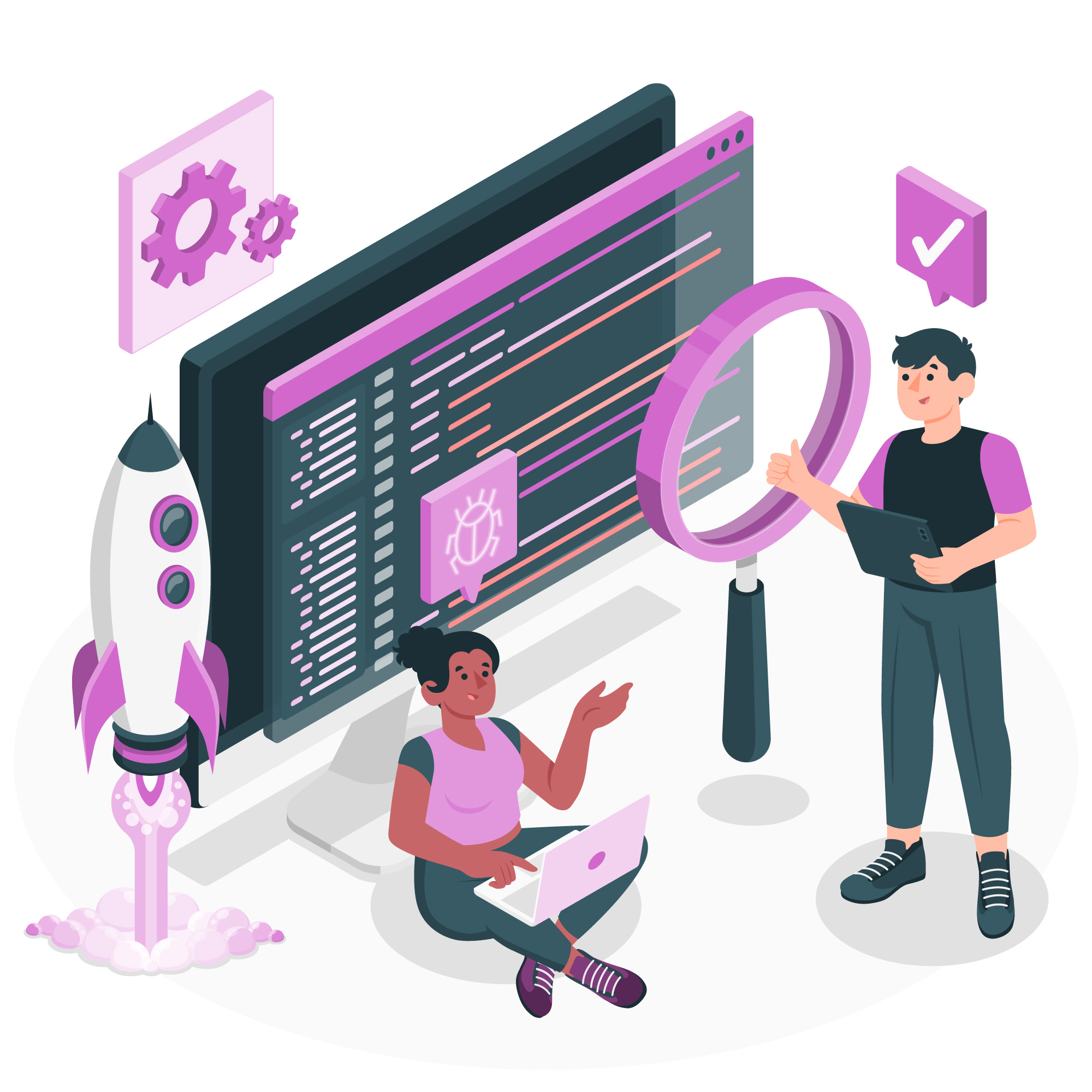

 Industry Diversified
Industry Diversified 














